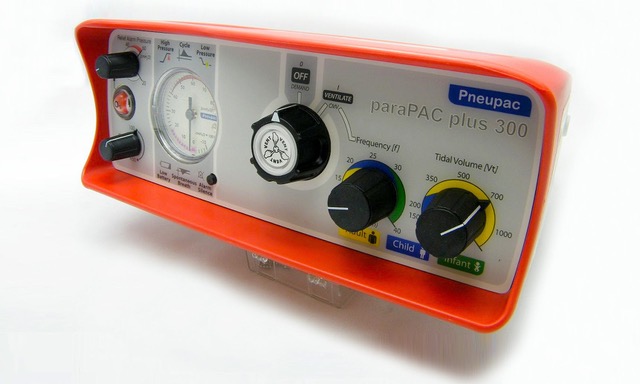Health services throughout the world are continuing to clamour for essential medical equipment to cope with the COVID-19 outbreak with ventilators being top of the list. Production capacity has already been reached and the supply chain spanning closed borders is under significant strain.
Nonetheless, the ventilator is the single most vital piece of equipment needed to keep people with lung failure alive long enough for their immune systems to fight off the virus. In the absence of normal lung function, the ventilator supplies oxygen and removes carbon dioxide. It’s sophisticated technology and requires engineering precision to manufacture.
To meet the demand and fulfil the needs of the NHS alone, the UK Government has enlisted the help of manufacturers that are not specialists in medical device technology, a step that hasn’t been taken since World War II. After initially snubbing EU help and stating that it had merely missed the deadline, the Government then approached manufacturers such as Dyson to design and build new ventilators in the hope that they could meet stringent health industry certification requirements despite never having been involved in the industry.
Now, the Ventilator Challenge Consortium has been established, which brings together major UK technology giants to begin rapidly building ventilators and breathing apparatus by Smiths Medical that are already certified and in use.
The Consortium is led by the High Value Manufacturing Catapult, a group of manufacturing research centres in the UK and includes Williams Advanced Engineering, Airbus, GKN, Rolls-Royce, Thales, Siemens, Mclaren and BAE Systems. One of the projects is to rapidly produce an initial batch of 5,000 Smiths Group ParaPAC300 ventilators for the NHS.
Under the leadership of the Catapult, such giants of advanced engineering are the best placed to step up to the challenge and ensure the country’s health service does not run out of capacity if the number of critically ill patients continues to rise into the summer months.
- UK manufacturing steps up to COVID-19 crisis - April 2, 2020
- Clustering Innovation - March 12, 2020
- A Global Monitor - March 6, 2020

